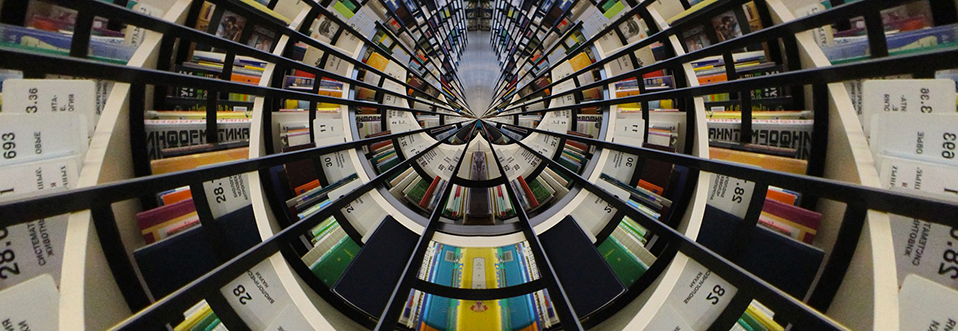The Internet has changed the process of information gathering and dissemination around the world. Young people in Africa, like their counterparts in other parts of the world, have been impacted by this new phase in the evolution of communication. The Internet revolution has created opportunities and problems – “fake news,” hate speech, online radicalization, etc – that are redefining social relations.
It is in this new milieu of what Ralph Keyes, author of The Post-Truth Era, refers to as the “routinization of dishonesty” that young people around world must operate. Whether in Nigeria, South Africa, Ghana, Egypt or Kenya, young people in Africa are up against a phenomenon that is increasingly taking on a life of its own and clearly difficult to contain.
Considering the challenge above, what must young people in Africa do in the digital and Post-Truth Era? How do we help them to understand the deeper meaning of information and assist them in processing them? How prepared are African youth in dealing with “fake news,” hate speech, and the Post-Truth phenomenon? The way forward is to develop competences that can help them wade through the fog of information overload. Herein lies the value of media and information literacy (MIL).
Canadian media educator, Rick Shepherd, defines media literacy as “an informed critical understanding of the mass media.” It is this critical understanding that is at the core of why media and information literacy is so important. According to Shepherd, “it involves the examination of the techniques, technologies and institutions that are involved in media production, the ability to critically analyse media messages, and a recognition of the roles that audiences play in making meaning from those messages.”
Media and information literacy provides a strong platform for young people around the world to understand what is happening in other places, share experiences, promote intercultural and interreligious dialogue, enhance development and democracy, and work collectively for a better world. Young people in Africa cannot afford to isolate themselves from these lofty goals.
Considering that young people constitute a greater part of the population of the African continent, the importance of MIL can’t be overemphasized. There is no better time, therefore, to begin the discussion on the impact of media and information on the lives of young people in Africa. Media and information literacy provides life-long skills that can guide our young people as they grow into adults and take up the challenges of leadership.
So, it is important that we continue to highlight the benefits of MIL, through out-of-school programmes while at the same time pushing to make MIL the bedrock of the education system at all levels across the continent. We must develop ways to help African youth understand the impact of new media technologies on their health, education, environment, the economy as well as social relations. With the advances in communication technology have come the threat of “fake news,” hate speech, online radicalization and other social problems. Many young people are daily exposed to stereotyping in movies, violence on TV, as well as inordinate marketing and advertising that breed consumerism and materialism.
Media and information literacy can help young people in Africa as consumers of information by making media messages go beyond the surface and raising such questions as: who created the message or is pushing out the information and for what purpose? What interests are represented or suppressed?
In this, everyone – governments, teachers, students, parents, caregivers, research institutes, libraries, the media, and civil society organisations – has a role to play. Across the continent, we need to develop model strategies to determine the quality of media and information literacy and the level of access to MIL amongst the various stakeholders, particularly young people.
Governments at all levels in Africa must show genuine political will to create an enabling environment for the accomplishment of MIL objectives. We need to support media practitioners to be constructive information disseminators; teachers and students to be more involved in ICT and creative in the production of knowledge; equip public libraries with ICT materials and ensure staff of such libraries are well trained in ICT; develop MIL curriculum that will enhance the teaching of the subject; engage media owners/media and information industry to support MIL initiatives; and establish links with teachers/students/parents/caregivers on the importance of MIL and strategies for its implementation.
We need to embrace the potentials and threats of the Internet and social media. Young people in Africa need to brace up to the challenges of the digital age. MIL can help them achieve this goal. But it calls for commitment and sustained injection of resources, both human and material, as well as institutional support for agencies and programmes that enhance MIL.
